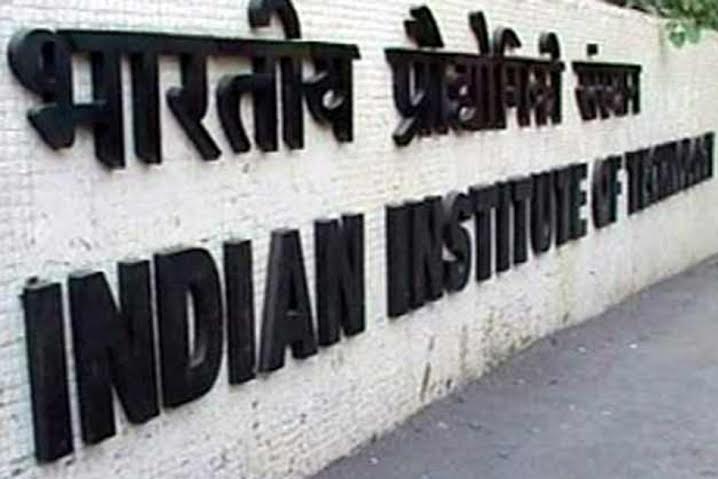After nearly 600 students declined their IIT seats despite clearing the JEE (Advanced) Exam, the elite group of institutions are likely to admit students with scores as low as 31 out of 504 (6.1%), so as to fill the vacant seats.
The New Cut-Offs
• General category qualifying marks lowered from 35% to 24.5% (123 out of 504).
• Reserved category qualifying marks lowered to 12.25% (62 out of 504).
• A third category will be formed comprising of certain students who have scored above 6.1% (31 out of 504). These students will have to take an extra year of preparatory courses before they are absorbed into the regular B.Tech programme.
Why was a new category required?
After the first round of seat allocations, 591 seats were still vacant. A majority of these seats were the ones reserved for students in ST (scheduled tribes) and PwD (people with disabilities) categories. However, as per constitutional reservation policies, these seats cannot be kept vacant and must be filled with students from respective categories only. Thus, students from these categories who have scored below the category cut-off of 62 but above 31, will be admitted, provided they take up an extra year of preparatory courses in elementary physics, mathematics and chemistry.
Why are cut-offs cascading?
• Nearly 600 students who cleared the JEE (Advanced) Examination (formerly IITJEE) have decided to join institutions other than IITs. Therefore, IITs now need to take up students with lower marks to fill seats. This might be a positive indication of the trend shifting from mainstream engineering to other disciplines.
• The JEE (Advanced) paper was tougher this year because of presence of subjective components and higher negative marking. Thus, the overall marks obtained might have fallen down considerably, thereby requiring lower cut-offs.
This move has received considerable criticism from various spheres for compromising with the quality standards of the IITs. However, an IIT director said the institutes had to implement this as IITs must follow constitutional reservation.











